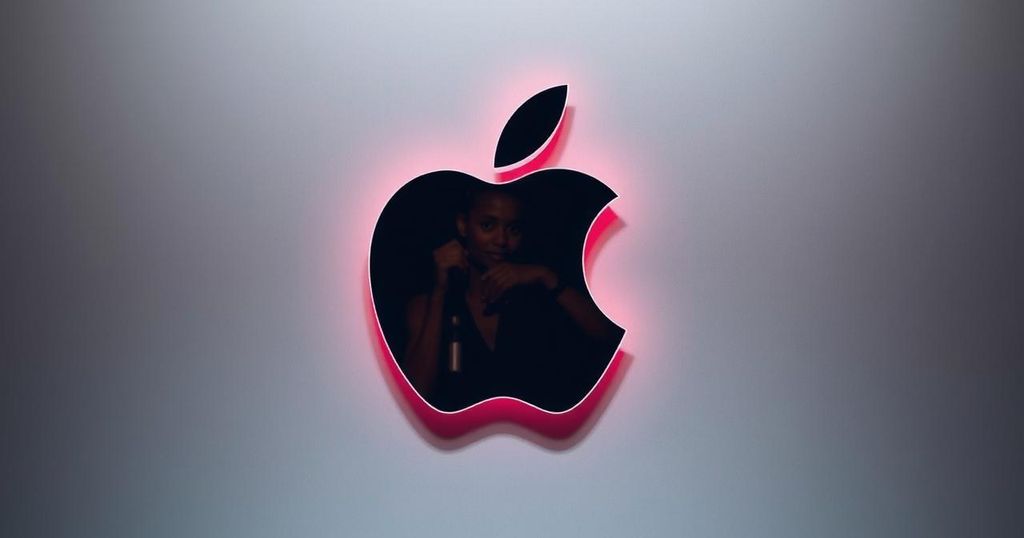DR Congo Charges Apple Over Allegations of Conflict Minerals Usage

The Democratic Republic of Congo has accused Apple of using conflict minerals sourced from armed groups in a criminal complaint filed in France and Belgium. Lawyers allege that Apple’s supply chain is infiltrated with “blood minerals” that fund violence and exploit child labor. Apple asserts its commitment to responsible sourcing and has removed non-compliant suppliers, but investigations are ongoing.
The Democratic Republic of Congo (DR Congo) has lodged criminal complaints against Apple’s subsidiaries in France and Belgium, alleging the company’s involvement in the use of conflict minerals sourced from the nation. Representing the Congolese government, legal representatives assert that Apple’s practices contribute to the financing of armed groups that exert control over certain mining operations in eastern DR Congo. As Apple contends in its 2023 report, it implements stringent measures to oversee its supply chain and mitigate risks associated with mineral sourcing. The authorities in France and Belgium are currently assessing the evidence to determine if legal proceedings will be pursued further.
The lawyers for DR Congo have characterized the minerals supplied to Apple as “blood minerals,” claiming that tin, tantalum, and tungsten extracted from conflict zones are being laundered through international supply chains. They contend that these activities exacerbate violence and conflict by funding guerrilla factions, while also contributing to forced child labor and environmental destruction. Although Apple did not comment directly on this particular allegation, its comprehensive report to the US Securities and Exchange Commission indicates its commitment to adhere to international due diligence standards regarding primary and recycled minerals.
Apple states that, despite not directly sourcing primary minerals, it mandates all parties in its supply chain to undergo an independent third-party audit concerning conflict minerals. In response to compliance issues, the company removed 14 smelters and refiners that failed to meet its rigorous standards for responsible sourcing from its supply chain in 2023. The eastern region of DR Congo remains a vital source of minerals, and the persistent global demand has incited conflicts in the region for decades, with rights organizations highlighting that both legitimate and illicitly obtained minerals are regularly trafficked to Rwanda before being integrated into electronic devices worldwide. This controversy has led Rwanda to describe DR Congo’s legal action against Apple as little more than a media stunt, firmly denying any involvement in the trade of conflict minerals to the technology company.
The use of conflict minerals in the technology supply chain has raised significant ethical concerns, particularly regarding the sourcing of minerals such as tin, tantalum, and tungsten. These minerals are integral to the manufacture of electronic devices, yet their extraction often fuels violent conflict in regions like eastern DR Congo, where armed groups control mining operations. The global demand for these resources has historically led to extensive human rights violations, including funding for militias and forced exploitation of vulnerable populations, particularly children. International laws and corporate governance frameworks require companies to exercise due diligence in their supply chains to ensure that they do not contribute to these humanitarian crises.
In summary, the Democratic Republic of Congo has initiated legal actions against Apple for alleged complicity in the exploitation of conflict minerals sourced from its territory. Although Apple maintains that it prioritizes responsible sourcing and has taken steps to ensure compliance with international standards, the ongoing investigation by authorities in France and Belgium highlights the complex and often troubling nexus between technology companies and conflict resources. The outcome of these legal proceedings may have broader implications for corporate accountability in supply chains linked to human rights violations.
Original Source: www.bbc.com







